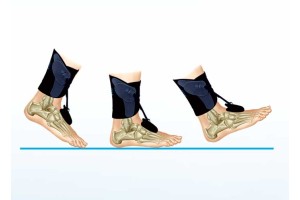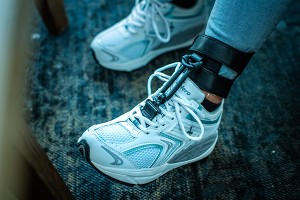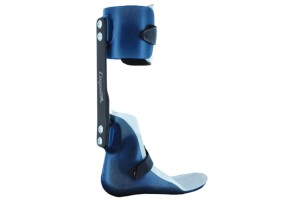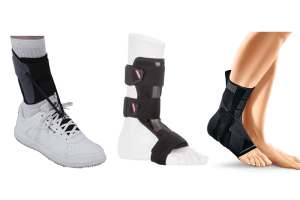I've had so many questions from runners asking about injuries in the sport and how to prevent injuries from happening. These 5 tips to help you prevent an unnecessary injury when getting ready for marathon season or even for everyday running enthusiasts.
Our Orthotist Graham has also written some tips on running injuries and running in general
Tip 1: Alternate your trainers
A lot of running injuries are due to the repetitive nature of running with thousands of strides and landings per run. Different trainers will stress your body differently with the aim to give some structures a rest while loading other. We generally recommend wearing trainers of different brands with different heel drops.

Tip 2: Don’t Always Run on the Road
This might sound strange to many people but only running on the road or pavement can cause serious problems at the knee and hip in later life. The reason for this is our knees have cushions between the bones which are designed to absorb impact, however, if this wears away serious problems can occur.
If you only train on the road for an upcoming marathon and don’t do any trail or grass running, then your knees will be exposed to even greater wear and tear. This stems from early humans when our body adapted to hunting on grass planes and dirt with very little contact on hard surfaces. As such, the knee was assisted by the 'give' of the grass or dirt which aided in shock absorption.
In short, our knees are not adapted to deal with the constant impact on hard concrete and constant running on concrete can lead to a higher chance of injury.

Tip 3: Warm-Ups Matter
I know what you’re thinking, “I already do a warm up so I’m fine”, but is your warm up long enough? Believe it or not, the warm-up is the most important part of any race or run. A warm up is designed to get all the muscles you are about to use firing effectively and efficiently and prevent the chance of injuries. If your warm up is too short then your muscles will be sluggish which can reduce your performance.Now this might shock you, an effective warm up for your standard training session should last a minimum of 20 minutes and incorporate a mixture of jogging, running, dynamic stretching (high knees), functional full body movements (Spiderman crawl) and some sprints to engage both slow and fast twitch muscle fibres.
A competition warm-up should last about 40 minutes with a focus on the muscles you will be using. It might feel like a training session but this increased warm up can greatly increase your performance in the race and won't tire you out like many people think.
It will also completely warm up the muscles and help prevent injury when running due to the muscles being more supple.
The easy fix is to increase your warm up.
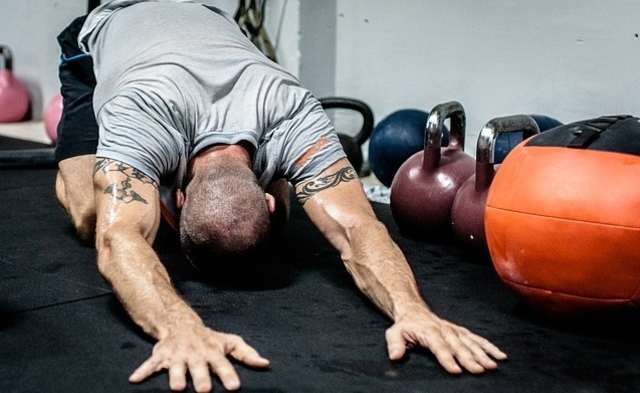
Tip 4: Cool Your Body Down
Do you perform a cool down after your run? The majority of people will warm up in some form or another but a staggering few people will perform a cooldown. Instead, they'll finish their run, go home and sit down. A cooldown is just as important as a warm up, it is essentially the warm-up in reverse.
The reason we need to perform a cooldown is to allow the muscle to gradually reduce temperature and movement. If you stop immediately after doing a lot of exercise the muscles will tighten up causing a wide variety of issues - lack of flexibility being one of them.
The solution here is to add in a cool down and stretch at the end of your session if you don’t already. A regular sports massage could also help your muscles and flexibility.
Tip 5: Strength
Strength training is a vital part of staying injury-free, while we are not saying you need to train like you are going to enter Mr Olympia, but it does help. This can be as simple as crosstraining some classes at the gym, such as Body Pump or following some trainers on youtube or instagram.
Variation is the key to staying injury-free and being strong is never a bad thing.
Biomechanical Assessments in Glasgow
If you've already suffered an injury from running, or have a nagging problem that won't go away, visit our clinic in Glasgow. We'll assess your issue and aim to get you back to full running mode as soon as possible.

